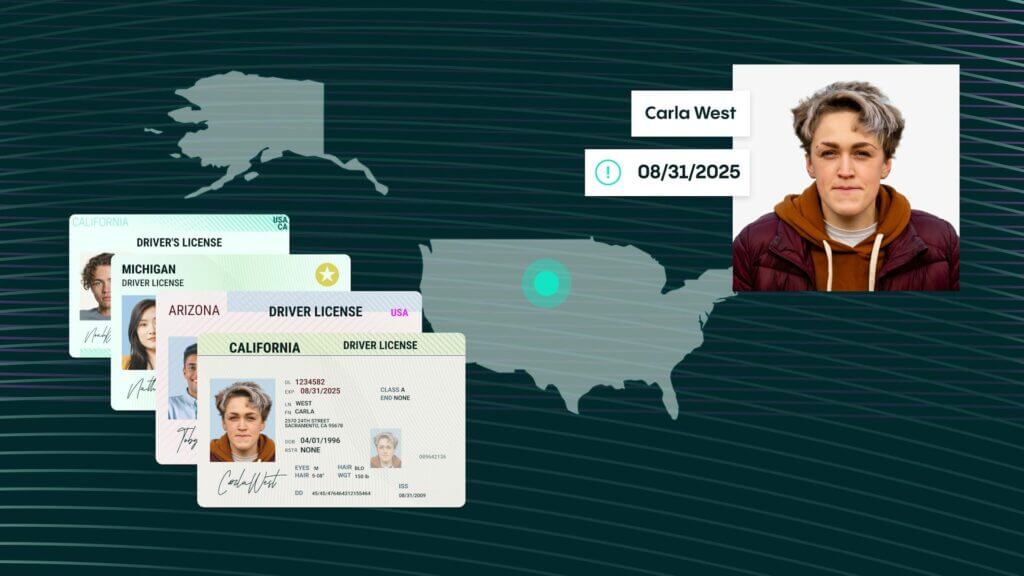Blog Post
What happened with fintech and fraud in 2021?
We published our 2021 Fraud Report in early December, and it’s time to take a closer look at the impact online identity fraud had on the fintech industry throughout last year.

You might have heard by now, but if you haven’t — Veriff published its 2021 Identity Fraud Report (available to download now) and we’re taking an even closer look at our expert findings. Up this week: what happened in the fintech world in 2021?
The year in Fintech
Fintech was possibly the most newsworthy industry, outside of healthcare, in 2021 with huge IPOs, burgeoning technology, and rapidly expanding offerings. Let’s start with the big guys: Affirm had a massive IPO at the top of the year, and ushered in a huge increase in people using “buy-now-pay-later” services. Payroll startup Deel reached a $5.5 billion valuation, and credit card company Ramp reached $3.9 billion. In not-so-great news for the U.S., N26 — one of the fastest growing neobanks — decided to stop operating in the United States. And lastly, we would be remiss to not mention NFTs. One of the most controversial topics of 2021 at large, they saw a landmark year and ended up valued at over $41 billion.
Global state of fraud
Veriff saw close to a 15% increase in fraud rates in the first half of 2021, compared to 2020, and fraud across all industries increased from 6% to 7%. Crypto continued to see the most fraud, however, fintech saw a 21.24% increase in fraud rates from 2020 to 2021, while crypto saw a slightly smaller, but still significant increase of 5.5%. Overall, as more industries move online and the world is still crippled by a pandemic, fraud rates are likely to continue to increase across industries.
As a quick refresher, across industries we track document, identity, technical, and recurring fraud.
- Document fraud — Tampered or entirely fake documents
- Identity fraud — Attempted impersonation or deceit using falsified images
- Technical fraud — Using streamed images or video, or fraudulently accessing our verification flow
- Recurring fraud — Previously confirmed fraud, and attempting to open multiple accounts for fraudulent purposes
How did fraud affect fintech in 2021?
Fintech has become pervasive amid the global COVID-19 pandemic, and more businesses and customers are relying on the technology. The reliance on fintech has opened up opportunities for bad actors to target fintech services and their customers.
On average, 2021 saw more fraud than the year prior, and rates are continuing to climb. The U.S. experienced more fluctuation, while the EU is seeing more stable fraud rates. The most common type of fraud in fintech has been recurring identity fraud, and in order to detect whether a verification has been unlawfully initiated Veriff leverages biometric analysis on extracted faces from a selfie and a document photo.
How Veriff can help
As fraudsters become more adept at infiltrating online financial services, the need for best-in-class identity verification is imperative to keeping people’s money and identities safe. Veriff’s Face Match technology authenticates and reverifies customers with 99.9% accuracy. Veriff is also equipped to stop financial crime in its tracks with a full-stack AML and KYC solution. This provides checks of PEP and sanctions lists, adverse media screening, and ongoing monitoring, to be fully compliant with regulators and keep fintech businesses safe from bad actors.














